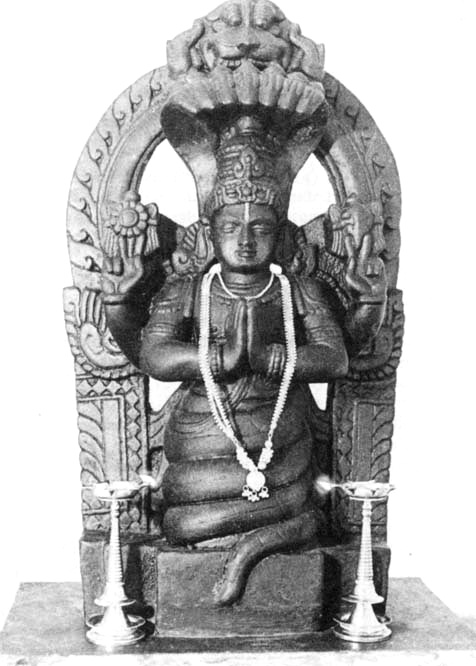As quoted by Wayne Dyer http://n-spire.com/archives/011802.html
The Mahābhāṣya
Patandjáli: Frases em inglês
Translation by: Charles Johnston
Yoga Sutras of Patañjali
§ 1.33
Yoga Sutras of Patañjali
Fonte: The Yoga Sutras of Patanjali
“For those who have an intense urge for Spirit and wisdom, it sits
near them, waiting.”
Fonte: The Yoga Sutras of Patanjali
“Yoga is the cessation of the movements of the mind. Then there is abiding in the Seer's own form.”
Patanjali, in “Yoga and You” [citation needed]
Fonte: The Yoga Sutras of Patanjali
“Liberation of the seer is the result of the dissassociation of the seer and the seen.”
§ 2.25
Yoga Sutras of Patañjali
“Egoism is the identification of the power that knows with the instruments of knowing.”
§ 2.6
Yoga Sutras of Patañjali
“Realization is experienced by making the Lord the motive of all actions.”
§ 2.45
Yoga Sutras of Patañjali
“For one who sees the distinction, there is no further confusing of the mind with the self.”
§ 4.25
Yoga Sutras of Patañjali
“Desirelessness towards the seen and the unseen gives the consciousness of mastery.”
§ 1.15
Yoga Sutras of Patañjali
Patanjali, in East of existentialism: the Tao of the West http://books.google.co.in/books?id=2WyyAAAAIAAJ, p. 266.
“Stirum sukham asanam. Meaning: Seated posture should be steady and comfortable.”
Patanjali, in “The Little Red Book of Yoga Wisdom”, p. 134.
Patanjali, in “The Little Red Book of Yoga Wisdom”, p. 135.
The Light of the Soul: Its Science and Effect : a paraphrase of the Yoga Sutras of Patanjali, with commentary by Alice A. Bailey, (1927)
The Light of the Soul: Its Science and Effect : a paraphrase of the Yoga Sutras of Patanjali, with commentary by Alice A. Bailey, (1927)
“The peace of the chitta is also brought about by the regulation of the prana or life breath.”
The Light of the Soul: Its Science and Effect : a paraphrase of the Yoga Sutras of Patanjali, with commentary by Alice A. Bailey, (1927)
The Light of the Soul: Its Science and Effect : a paraphrase of the Yoga Sutras of Patanjali, with commentary by Alice A. Bailey, (1927)
The Light of the Soul: Its Science and Effect : a paraphrase of the Yoga Sutras of Patanjali, with commentary by Alice A. Bailey, (1927)
The Light of the Soul: Its Science and Effect : a paraphrase of the Yoga Sutras of Patanjali, with commentary by Alice A. Bailey, (1927)
